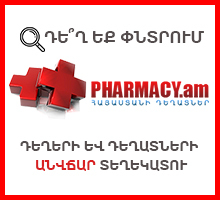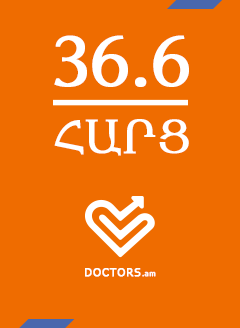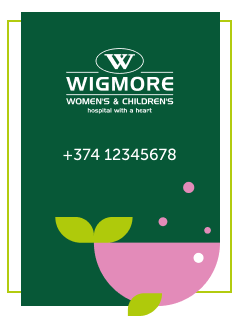Allergies are your body’s reaction to normally harmless substances. Allergy symptoms range from mild to life-threatening. Treatments include antihistamines, decongestants, nasal steroids, asthma medicines and immunotherapy.
Allergies are your body’s reaction to a foreign protein. Usually, these proteins (allergens) are harmless. However, if you have an allergy to a particular protein, your body’s defense system (immune system) overreacts to its presence in your body.
An allergic reaction is the way your body responds to an allergen. If you have allergies, the first time you encounter a specific allergen, your body responds by creating immunoglobulin E (IgE). Your immune system makes antibodies to form IgE.
Allergies are very common. You’re more likely to have or develop allergies if your biological parents have allergies.
Food allergies develop when your body releases a specific antibody to a particular food. An allergic reaction occurs within minutes of eating the food, and symptoms can be severe. Symptoms may include:
- Itching all over your body (generalized pruritus).
- Itching in just one certain part of your body (localized pruritus).
- Nausea and vomiting.
- Hives.
- Swelling around your mouth, including your throat, tongue or face.
In adults, the most common food allergies are:
If you think you have allergies, don’t wait to see if your symptoms go away. If your symptoms last for several days, make an appointment with an allergist, who will make necessary prescriptions. The allergens can be easily found by means of blood tests and skin prick tests.

















